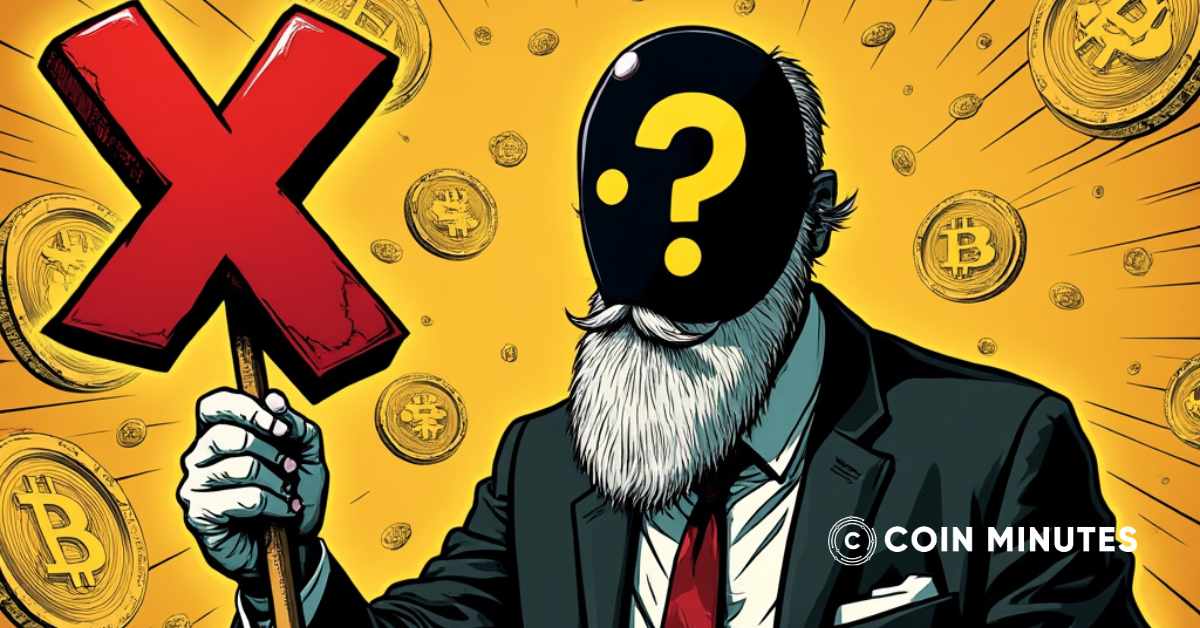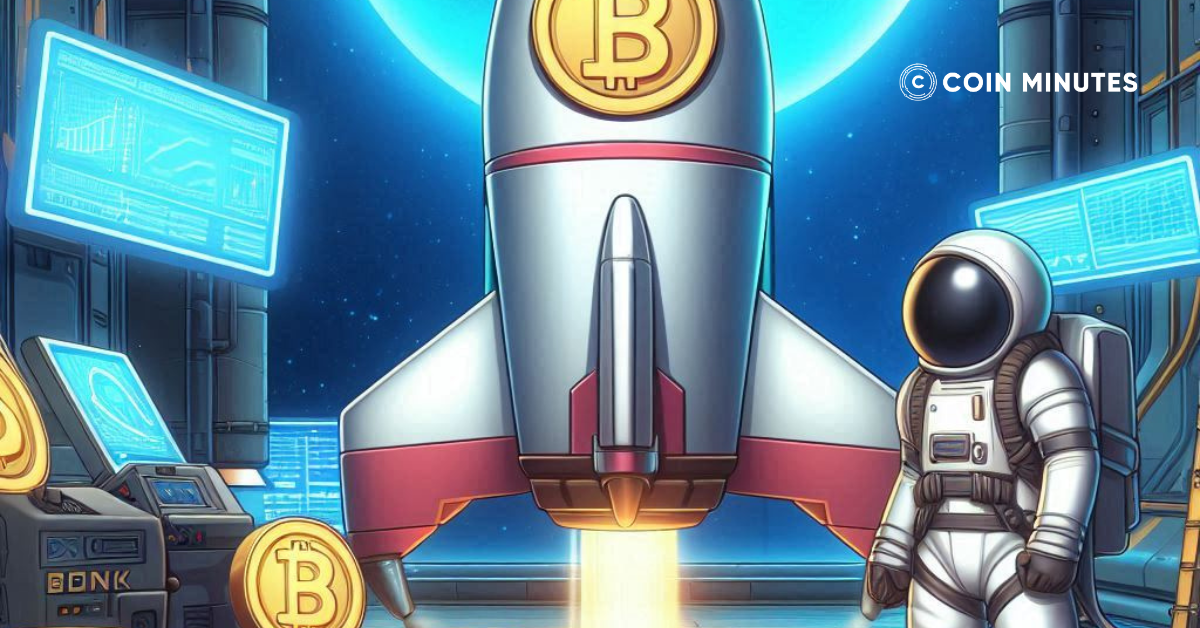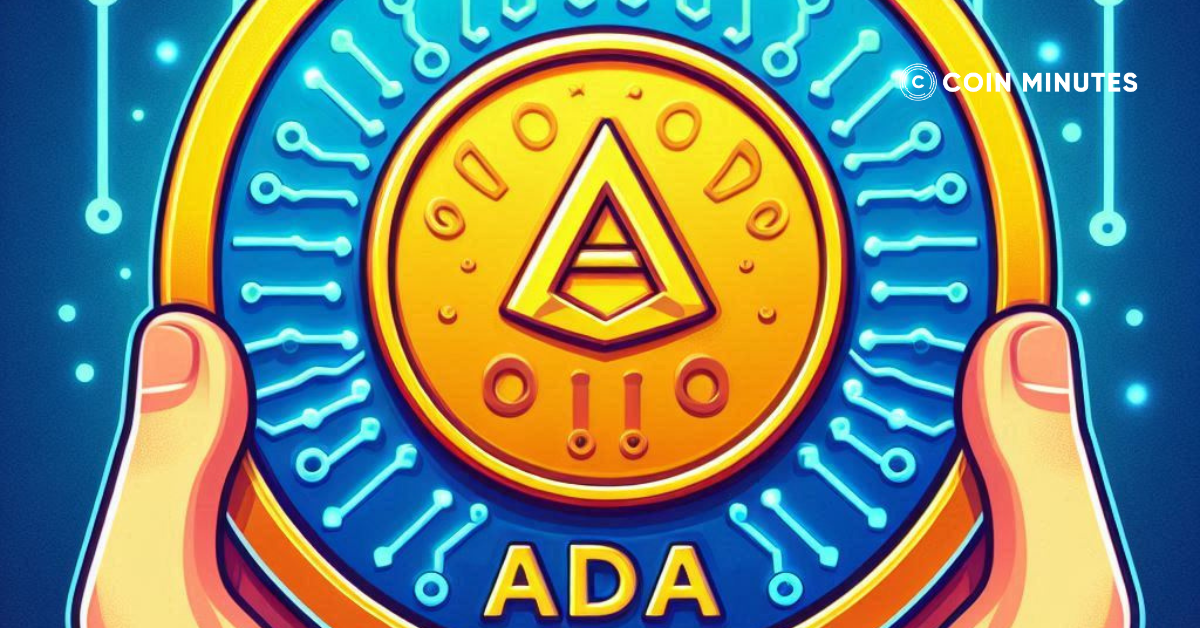On October 9, HBO premiered its highly anticipated documentary, “Money Electric: The Bitcoin Mystery,” which promised to solve one of the greatest enigmas in modern finance: the identity of Bitcoin’s creator, Satoshi Nakamoto.
However, the film sparked immediate controversy by naming prominent Bitcoin developer Peter Todd as Satoshi, a claim that both Todd and the cryptocurrency community have swiftly rejected.
According to Forbes, HBO will say that @peterktodd is Satoshi…
The Forbes article states that “a 2010 BitcoinTalk post replying to Satoshi Nakamoto that [Cullen] Hoback believes was accidentally posted using Todd’s profile”
This is clearly ridiculous! It is just an example of… pic.twitter.com/mjFnHn7Zak
— BitMEX Research (@BitMEXResearch) October 8, 2024
The Todd Revelation and Its Aftermath
Peter Todd, a well-known Canadian programmer recognized for his contributions to Bitcoin’s security and efficiency, was thrust into the spotlight when the documentary presented a case alleging that he was the elusive Satoshi.
The film, directed by Cullen Hoback, drew on various pieces of circumstantial evidence to suggest Todd’s involvement, including similarities in their writing styles, overlapping schedules, and a claim that both Todd’s and Satoshi’s online activity ceased around the same time.
Despite the sensational claim, Todd, who has long been a part of the Bitcoin community and helped develop crucial features like Replace-by-Fee (RBF), immediately denied being Satoshi.
In an email to CoinDesk and on the social media platform X, Todd dismissed the theory as baseless and criticized the documentary for misleading viewers. He stated that his final line in the film—”Yes, I am Satoshi Nakamoto”—was intended as a joke, playing on a meme often repeated in the cryptocurrency space.
Community Backlash and Skepticism
The Bitcoin community reacted swiftly and critically to the documentary’s claims. Prominent figures like Samson Mow, former Blockstream CSO, and analyst Adam Cochran condemned the film for its speculative nature and lack of solid evidence. Cochran argued that it was irresponsible to declare Todd as Satoshi, especially since the developer himself had denied it.
I’m not Satoshi.
— Peter Todd (@peterktodd) October 8, 2024
Moreover, many in the community expressed doubts about the film’s ability to solve a mystery that has eluded experts for over a decade. Some questioned the accuracy of the information presented, pointing out errors regarding Todd’s timeline in the Bitcoin ecosystem, which only fueled skepticism.
A Joke or a Serious Claim?
The film’s ending, in which Todd’s “I am Satoshi” line is delivered, left many viewers uncertain whether it was a genuine admission or a tongue-in-cheek comment. This ambiguity further complicated the narrative, with Todd himself later asserting that Hoback’s portrayal of events was misleading and could expose him to serious risks, including blackmail.
The film’s release has also reignited discussions about the ethics of speculating on Satoshi’s identity. Many fear that such claims, when unfounded, could have real-world consequences for the individuals involved.
The Mystery Remains
Despite the hype surrounding “Money Electric,” the documentary failed to provide definitive proof of Satoshi Nakamoto’s identity. For now, the mystery endures, leaving the identity of Bitcoin’s creator unsolved. As Willem Schroé, CEO of Botanix Labs, commented, “Perhaps it is this anonymity that has allowed Bitcoin to thrive.”
While the film has certainly added fuel to the conversation, Bitcoin’s future remains secure regardless of who Satoshi is—a sentiment shared by many in the cryptocurrency world.
Related news: HBO’s New Documentary Promises to Reveal the Identity of Bitcoin’s Mysterious Creator








